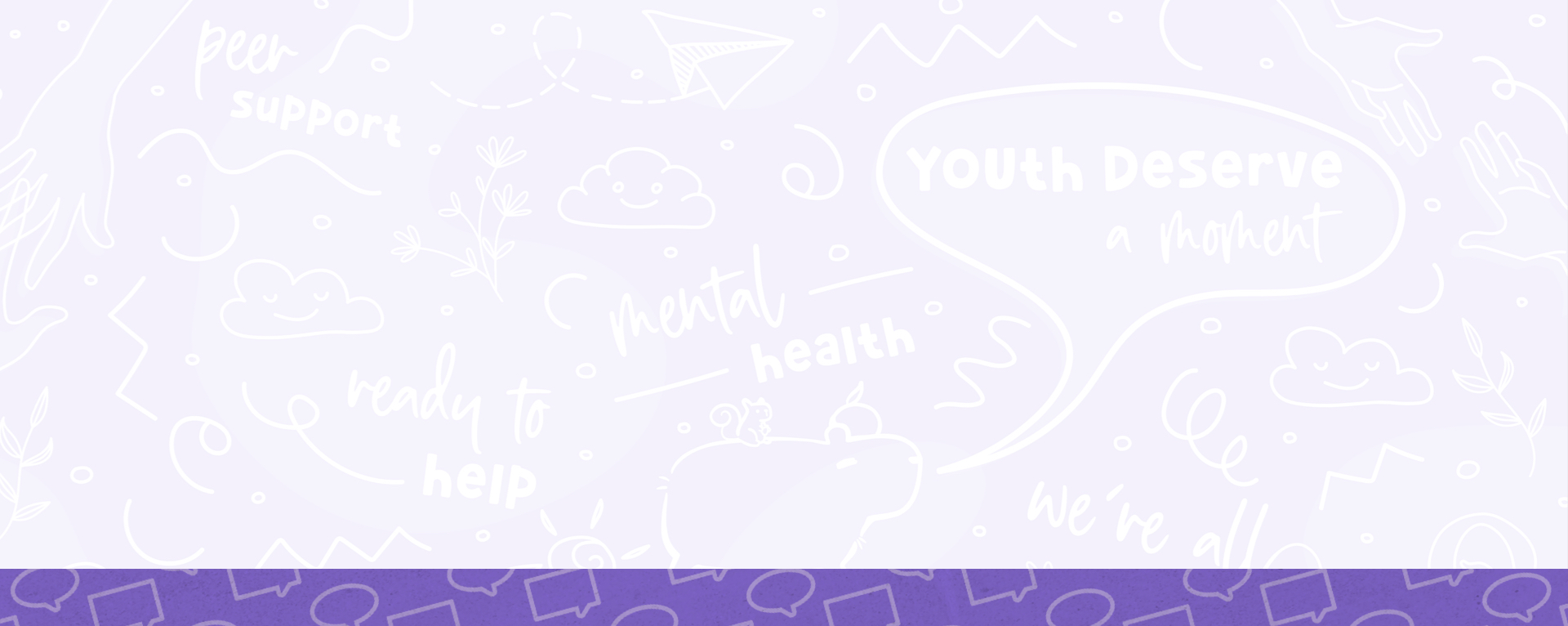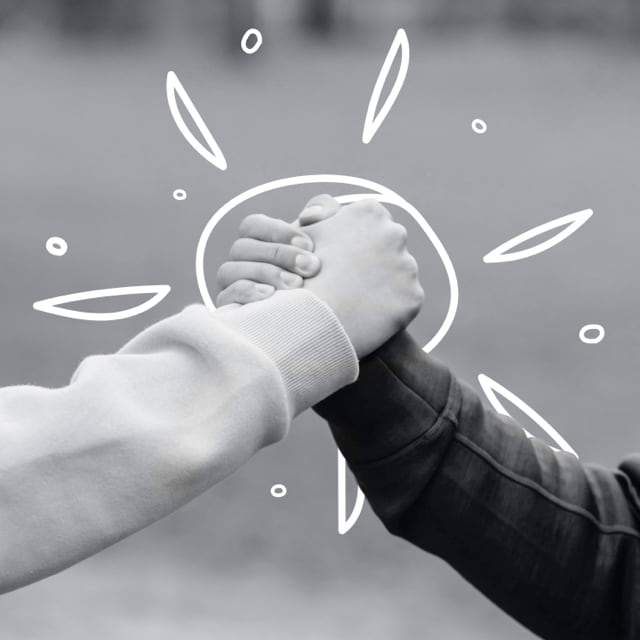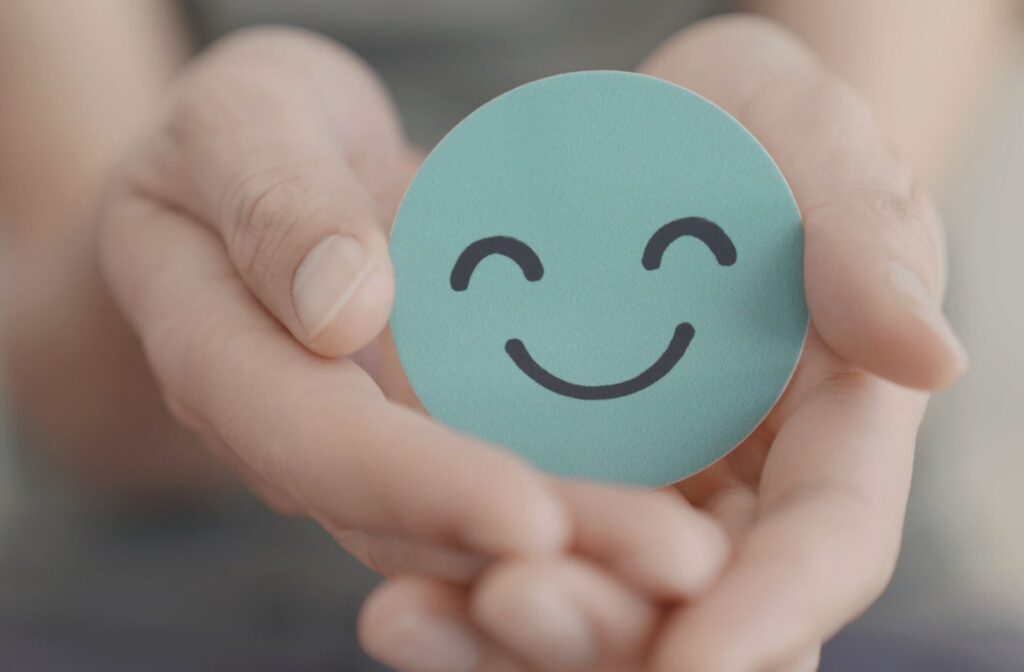Trauma dumping is when someone shares their traumatic experiences or emotional distress without considering the impact on the listener. It can be tough for both parties, and it’s often an overlooked issue. We all want to connect and talk about what matters to us, but trauma dumping can negatively impact relationships. How you respond to someone sharing their trauma can affect you and them, sometimes in ways you might not realize.
If you ever need someone to talk to, remember you can reach ConnecTeen 24/7 via phone, text, and online chat.
How Can Trauma Dumping Affect You?
We all have things weighing on our minds. It’s normal to want to talk about important stuff, whether it’s something we’re anxious about or can’t let go of. Trauma dumping is more common than you think. It can happen for many reasons, like stress, lack of emotional support, or not knowing how to cope with intense feelings.
Taking on someone else’s traumatic experience on top of your daily struggles can take a toll on your mental health. You might start feeling anxious, doubting yourself, and having trouble sleeping. You might start feeling disconnected from your friends and family. It’s like you’re in a bubble of distress, and no one else is in there with you.
But you’re not alone. And there are ways to deal with it.
Recognizing the Signs: Venting vs. Dumping
Let’s talk about some warning signs that someone is trauma dumping.
You might notice them sharing the same story over and over again, or they constantly share graphic details. Sometimes, they can even bring up past traumas in casual conversations.
But here’s the thing: trauma dumping isn’t the same as venting. If you feel uncomfortable or ignored during the conversation, you’re likely experiencing trauma dumping.
Are You Trauma Dumping?
Now, what if you’re on the other side? What if you realize you’ve been stuck in a loop or oversharing without consent?
Remember: Your feelings matter, and it’s okay to feel the way you do. But there are healthy ways and appropriate situations to consider. You deserve to talk to someone who can actively listen, provide practical help, or just be there to support you in dealing with those difficult emotions.
Here are a few things to look out for:
- You feel an uncontrollable urge to unload everything immediately. Even if it makes the other person uncomfortable, you can’t focus on anything else. You’re impatient to let it all out.
- You start talking non-stop, without even taking a breath. It’s tough to stop talking, and you may not think before you speak. Instead of having a back-and-forth conversation, it feels more like talking to yourself.
- You’re not getting any relief. It’s okay to vent to a friend about a difficult test or an embarrassing moment. Just remember to be mindful of what you expect from them. If you’re oversharing, it’s a sign you need more support.
Responding to Trauma Dumping
If you’re experiencing trauma dumping, reach out to people you trust, like friends, family, or a mentor. Consider seeing a therapist—they’re trained to help you process intense emotions. The ConnecTeen peer support hotline is also available 24/7.
When it comes to parents, family members, or friends who might be trauma dumping, we’ve got a few tips. The goal here isn’t to shut down the conversation completely but to guide it in a healthier direction.
- Set personal boundaries. It’s okay to say, “I’m sorry you’re going through this, but I don’t think I’m the best person to help.” You can choose to talk about specific topics only with those you trust deeply.
- Speak up if you’re feeling uncomfortable. It’s okay to let the other person know when a conversation gets overwhelming. Remember, it’s not about shutting them down—it’s about taking care of your mental health.
- Suggest alternative support. Professionals are trained to handle these conversations and can provide appropriate support. Whether it’s a school counsellor, therapist, or mental health hotline, they can help make things better for everyone involved.
ConnecTeen Is Here for You
We’re here to keep the conversation going—because talking about it can make a difference. Venting in a safe and supportive environment is a healthy way to make sure everyone’s voice is heard.If you need someone to confide in or advice about your next steps, remember that ConnecTeen volunteers are here for you if you need to talk.
























